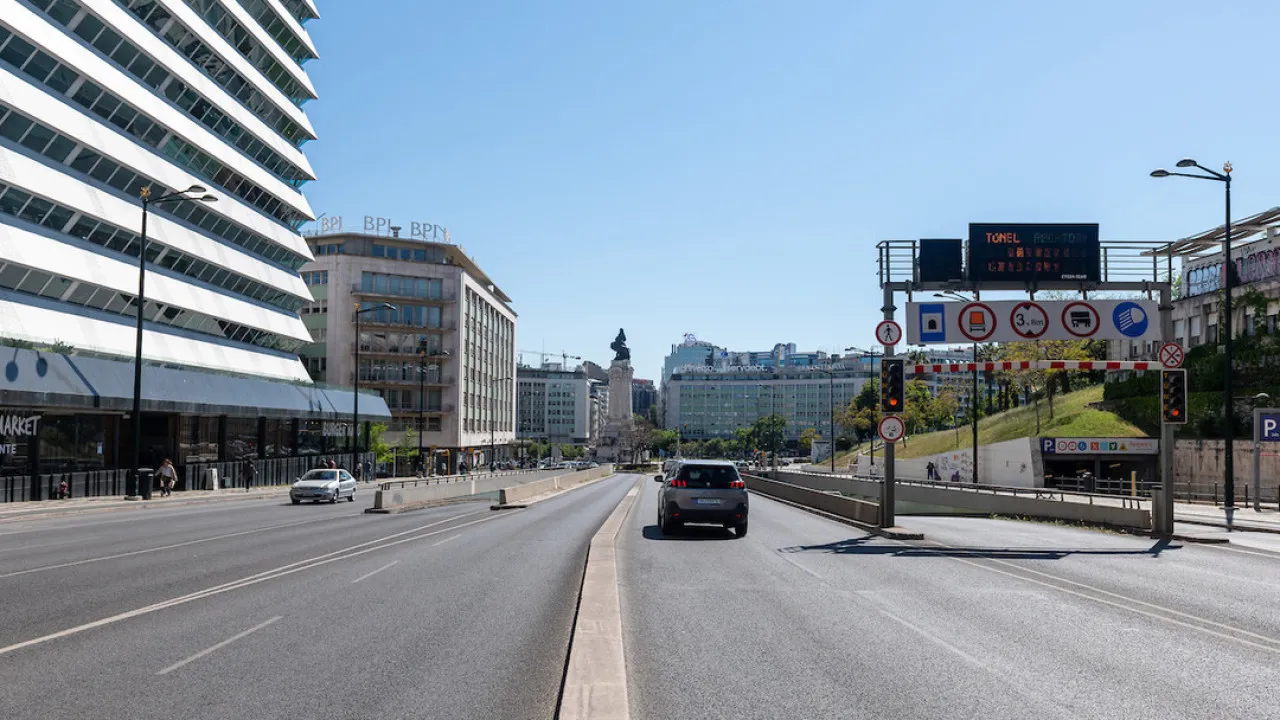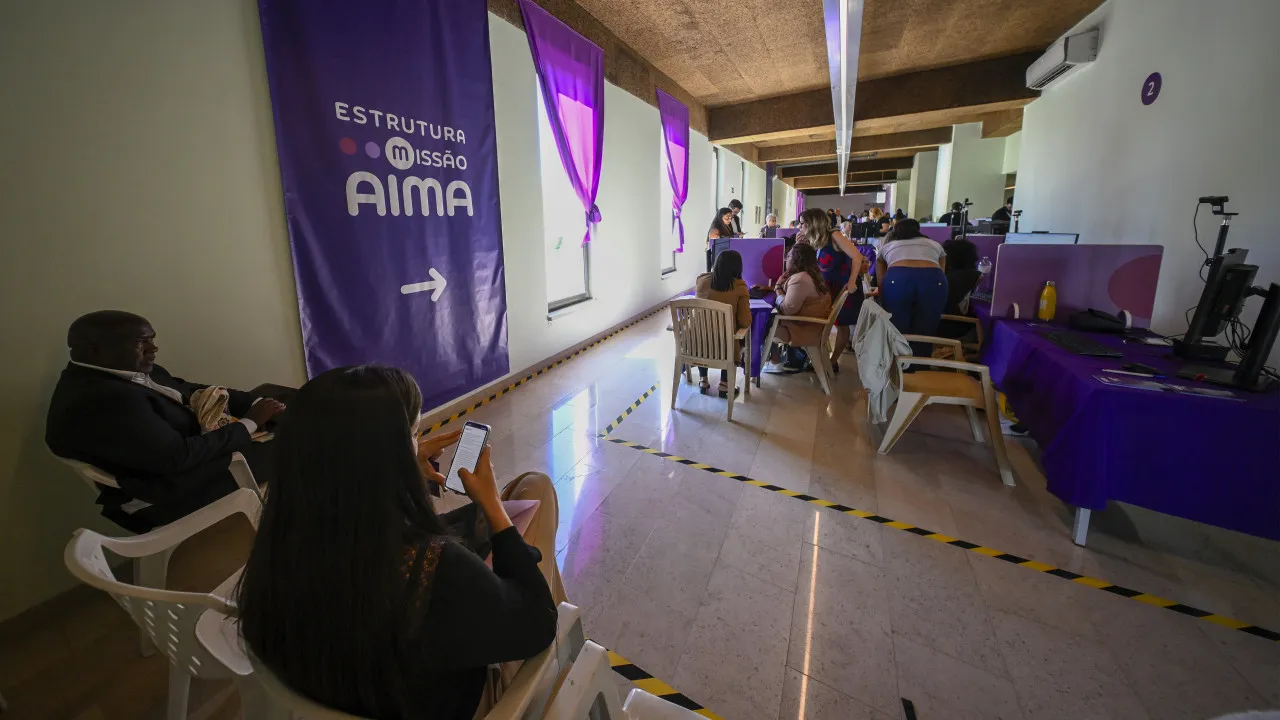
Leiria has become the 20th municipal archive to join the RPA, alongside 30 other archives from various public entities. The integration, explained Councillor Catarina Louro, “enhances the service of AML” by allowing a focus on standardization, defining best practices, and strengthening the quality of information dissemination.
Currently, it is not possible to ascertain the exact number of documents preserved. “However, in linear meters, the size amounts to 16 kilometers,” highlighted the councillor responsible for AML.
A team of 16 technicians manages this extensive collection, fulfilling the service’s primary goals of “access to information and ensuring its preservation.”
Significant efforts have been made in digitization and dematerialization, with information being recorded in standardized applications.
Since 2019, 1.5 million documents have been digitized, many of which were processed as part of a project to migrate the information management system, aiming to preserve information from 1999 to 2014, stated Catarina Louro to the Lusa news agency.
The digitization of information continues as needed for decision-making, historical/academic research, dissemination, or consultation.
AML safeguards documents related to the management of Leiria City Council, covering areas such as meeting minutes, financial accounts, activity plans, licensing, education, environment, security, and municipal works.
Councillor Louro also noted, “We must not forget the documentation associated with competencies currently held by the central administration, such as emigration processes, bicycle riding permits, and vehicle registration assignments.”
Among many millions of documents, the oldest in AML’s care dates back to 1675. It is part of a document series called “foros,” which were plots of land leased to tenants for cultivation, with an annual fee due.
Currently, AML is primarily focused on processing the photo archive and collection of the Municipality of Leiria. However, according to the councillor, “we also have the Diagnostic Project of the Archival Situation of Culture, Sports, and Recreation Associations.”
Investment in digitization and dematerialization enables the implementation of new technologies and AI tools, particularly for automatic reading and transcription, research, topic aggregation, and data cross-referencing from various sources.
This process is even more significant due to the potential for wider research and access, with RPA membership playing a key role by facilitating integration with national references like the Portuguese Archive Portal and international ones such as the Archives Portal Europe.
The network’s entry anticipates increased demand for services, with requests exceeding 80,000 since 2015, and more than two million views originating from 80 countries through AML’s application.
Among the main requests to AML are “private and municipal construction processes, registrations, City Council meeting minutes, correspondence, and sanitary permits.”
Related:




